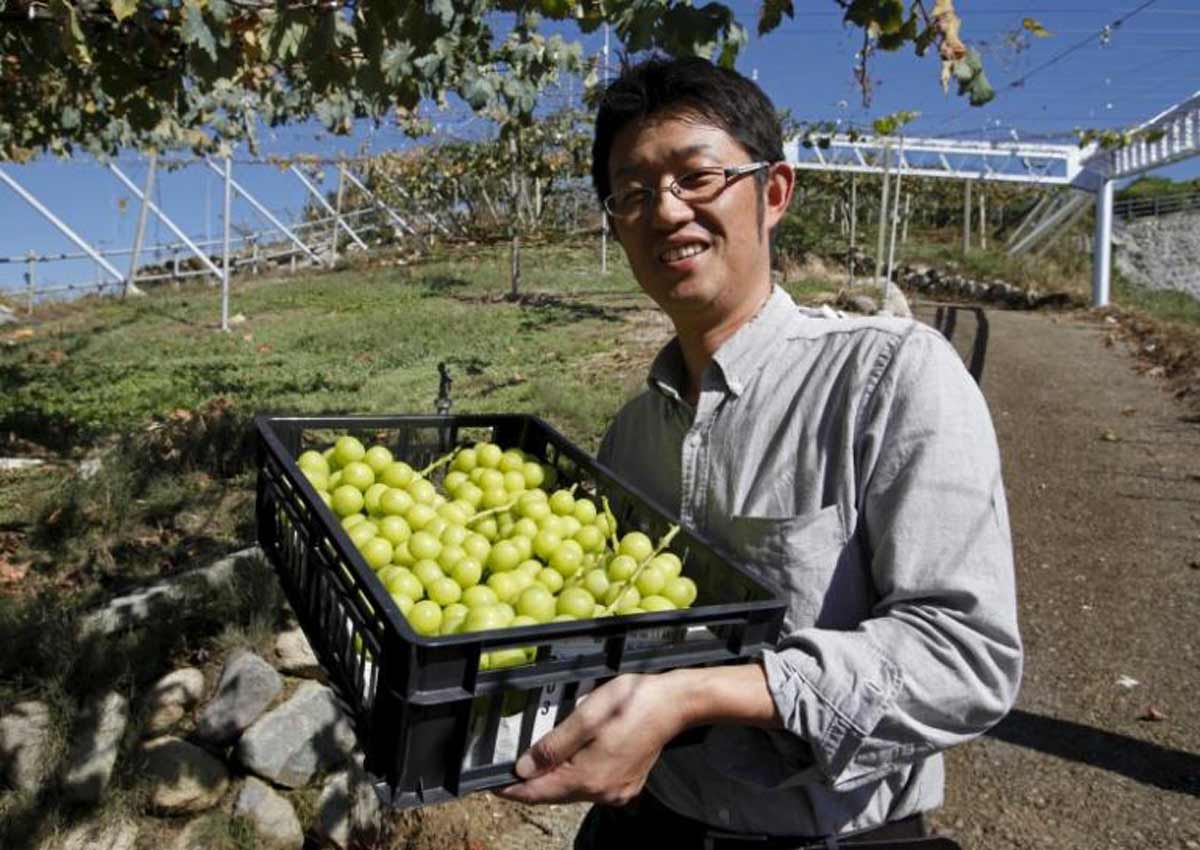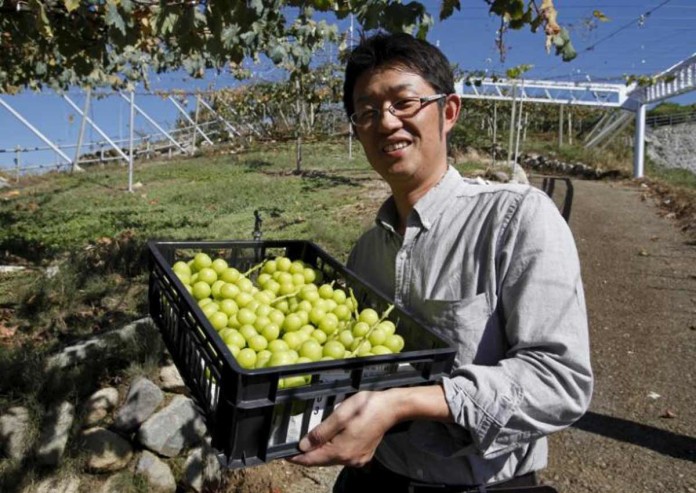TOKYO – TheJapanese government intends to allow foreign nationals to take jobs on farmland, as long as they work within designated strategic special zones, in an effort to address a labour shortage.
The government deems it necessary for the agricultural sector to secure new workers to turn it into a growth industry.
“There aren’t enough workers, and even the farmers who want to (expand) have difficulty developing their business,” said Hiroto Takahashi, mayor of Ogata, Akita Prefecture.
The village has been known as a centre for cultivating rice but the labour shortage is becoming a pressing issue as an increasing number of farmers are starting to produce vegetables and other items.
The number of farmers has halved in the past two decades to 1.92 million this year, while the average age has exceeded 66, said the Agriculture, Forestry and Fisheries Ministry.
In the agricultural sector, the government currently runs a technical training programme for foreigners with the aim of sharing expertise with developing countries.
The initiative allows trainees to work for up to three years in Japan on the condition that they stay with the same farmer in principle.
Therefore, foreign workers are not allowed to be deployed flexibly, such as by moving from one production area to another on the basis of how busy an area is.
There is, however, caution about accepting foreign workers, mainly because they could end up overstaying.
The government has been easing restrictions in agriculture in recent years.
In Yabu, Hyogo Prefecture, a city designated as a strategic special zone, companies are allowed to own farmland, starting this year.






